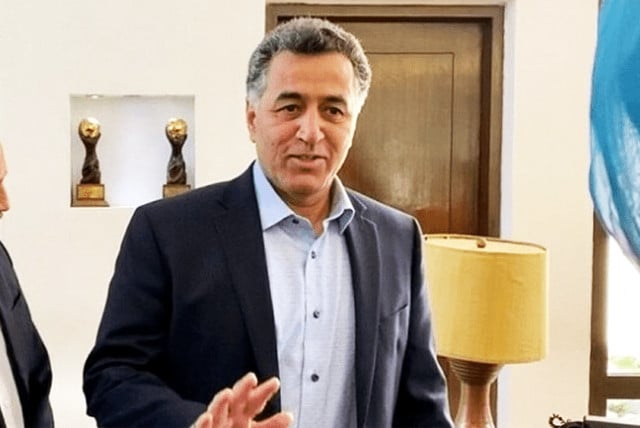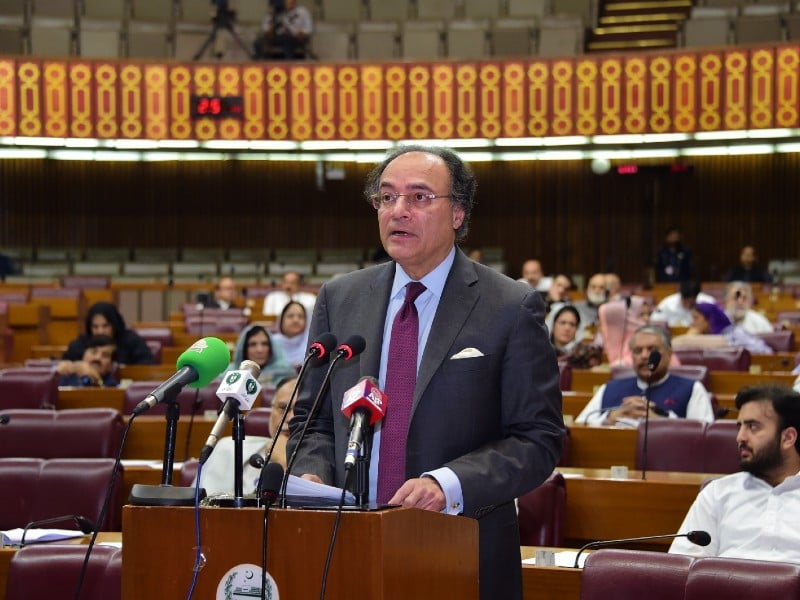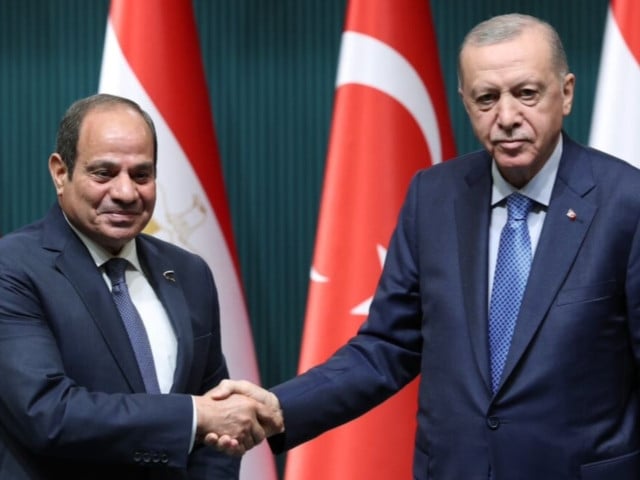In a recent statement, Major General Ahmed Sharif Chaudhry, the Director General of Inter-Services Public Relations (DG ISPR), has made significant claims regarding Lieutenant General Faiz Hameed. According to the DG ISPR, Lt Gen Hameed was accused of violating military regulations under the influence of political elements. This statement has stirred considerable discussion and scrutiny within Pakistan’s military and political circles.
The DG ISPR’s allegations suggest that Lt Gen Hameed’s actions were not in line with the established protocols and ethical standards of the military. These breaches are said to have occurred as a result of external political pressures or directives. The accusation points to a concerning scenario where military decisions and actions could be swayed by political interests, undermining the apolitical stance traditionally upheld by the armed forces.
Lt Gen Hameed, a high-ranking officer known for his previous role as the head of the Inter-Services Intelligence (ISI), is now at the center of this controversy. The DG ISPR’s remarks imply that the general’s conduct has compromised the integrity and neutrality expected of military officials, particularly in a context where the military is often viewed as a key player in national stability and governance.
The statement from the DG ISPR comes amidst ongoing discussions about the role of the military in Pakistan’s political landscape. The involvement of political elements in military decisions raises questions about the appropriate boundaries between military and civilian spheres, and the potential implications for democratic governance and institutional autonomy.
This development is likely to have far-reaching consequences for Lt Gen Hameed’s career and may affect the broader perception of the military’s role in Pakistan. The situation underscores the need for a clear demarcation between military duties and political influence, and the importance of upholding military regulations and principles in ensuring institutional integrity.












